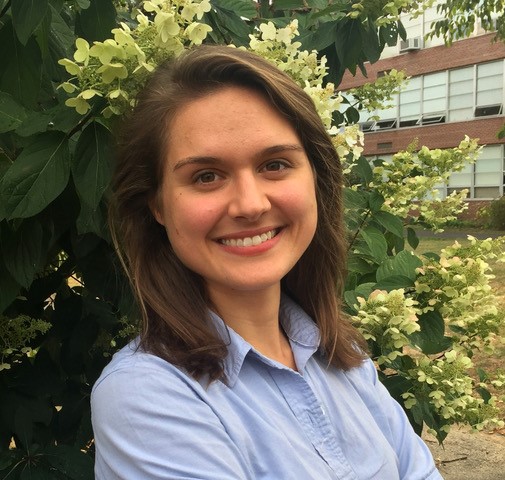Bring your lunch and join us at the Centre for Sami Studies for a seminar with Erica Kowsz on the topic “Rules of Recognition: Indigenous Peoples, Public Perception, and the State”.

When: Friday, February 8, 11:15-12:00
Where: Meeting room 2.228 Guovssu, Centre for Sami Studies
Erica Kowsz, Visiting Researcher at Centre for Sami Studies & PhD Candidate, will give a presentation on the topic: "Rules of Recognition: Indigenous Peoples, Public Perception, and the State".
Abstract:
For many indigenous peoples, “being recognized” has come to mean not simply being known and acknowledged by one’s own relations but also being seen in the right way by the eye of authority. In order to gain access to the resources, rights, and legitimacy that state recognition confers, indigenous political actors must both raise public awareness and navigate bureaucratic processes, from court proceedings to paperwork petitions. Though these processes purport to deliver factual determinations, they are in fact richly performative, actively generating the very social categories that they profess to evaluate. At the same time, official recognition is embedded within broader contexts and histories of difference, expressed through contextually specific sets of signs through which identities are signaled and perceived. Like other identity groups, indigenous people also conduct representational work outside of official channels, contributing to the informal construction of identities through everyday recognition among a variety of publics in their home regions, nationally, and even globally.
In this presentation, Erica Kowsz, PhD candidate in the Department of Anthropology at the University of Massachusetts Amherst, USA and visiting researcher at the Centre for Sami Studies, shares her research-in-progress. She will recount early findings from her recent research in the northeastern US states of Massachusetts, Connecticut, and Rhode Island, following the decades-long Nipmuc effort to be be acknowledged as a federally recognized tribe. Then, she will present her plans for further research on changes in public attitudes and the development of forms of official recognition of the Sami within Norway since the 1970s. Ultimately, the intention of Kowsz’s research project is to present these two very different cases side by side to reveal some of the real variety of experiences often referred to under the common rubric of “recognition.”